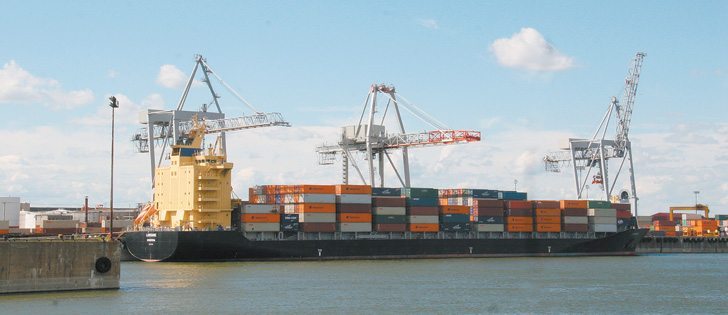Antibiotic: (noun) A substance capable of destroying or weakening certain micro-organisms, especially bacteria or fungi, that cause infections or infectious diseases.
That sounds powerful, doesn’t it? And antibiotics are indeed powerful in protecting human health.
Loss of their effectiveness because of development of bacteria resistant to their force is a matter of widespread public concern. If the drug won’t wipe out the bug, there are a limited number of other alternatives to treat infectious diseases.
Of course, many of the same antibiotics used for human health reasons are also vital to livestock health and production, and they are widely used in livestock to prevent and treat illness. That wide use may also mean greater opportunity for bacteria to develop resistance.
Read Also

High prices see cow-calf producers rushing to incorporate
Farm accountants are reporting a steady stream of cow-calf producers rushing to get their operations incorporated ahead of selling their calves this fall.
And that’s why microbial use in livestock production is under such scrutiny.
The concern isn’t new, by any means. Because of it, the European Union banned the feeding of antibiotics to livestock for growth promotion back in 2006. Resistance had been closely studied before that, and has been since.
But now Germany is tightening its checks on antibiotic use in livestock for any purpose, and the United States is considering more stringent rules for use of a large class of microbials called cephalosporins.
Concern is clearly intensifying and that should sound a warning bell for Canadian livestock producers.
Though a ban on antimicrobial use is unlikely, not to mention foolhardy in terms of animal health and welfare, there could be additional restrictions on use.
It could mean more tracking and record keeping. It could mean antimicrobial availability only through veterinary prescription. The potential for higher costs is something producers must consider.
The World Organization for Animal Health (OIE) recently called for action against abuse of antimicrobials in livestock while cautioning against restrictions that would reduce livestock numbers.
“The use of antibiotics is today essential to ensure sufficient animal production to feed the planet,” the OIE director told a news conference. “Without antibiotics, there would be supply problems of animal protein for the human population.”
The acknowledgement that excessive limits on livestock antibiotic use could threaten the food supply is testament to their importance in economical production of healthy food.
At an international convention in Toronto last fall, researchers agreed that prudent use of antimicrobials in human medicine and livestock production is key to curbing further development of resistant bacteria.
They also agreed that the extent of the problem is unknown, so close monitoring is needed.
Canada is doing its part. The Canadian Integrated Program for Antimicrobial Resistance Surveillance has been monitoring levels for at least 10 years. Various research projects are underway across Canada to explore and gauge the problem and develop appropriate responses.
But livestock producers have the biggest role to play, and it goes back to that word used by international researchers: prudence. Those who use antimicrobials in cattle, hog and poultry production must ensure their use is justified, measured and defensible. Otherwise they run the risk of wide restrictions that could limit their use of antimicrobials, including those that aren’t used in human medicine.
As far as the public is concerned, prophylactic use of antimicrobials in particular is poorly understood. Why provide antibiotics to animals that aren’t sick, they ask?
It is up to livestock producers and their veterinarians to explain the benefits of preventing illness.
Animal production methods must not threaten human health. Livestock producers know that as well as anyone. Their prudence, combined with ongoing research, is required.
access=subscriber section=opinion,none,none














